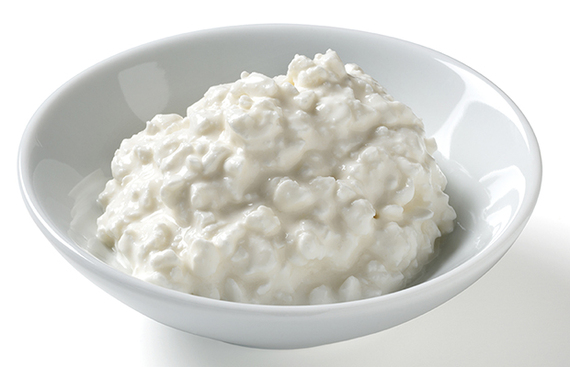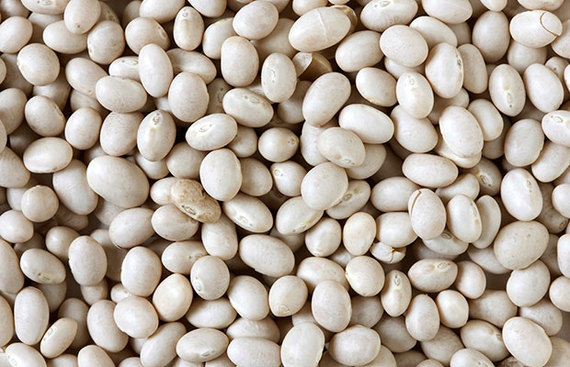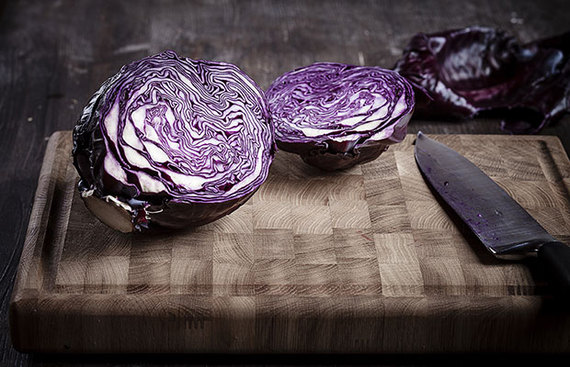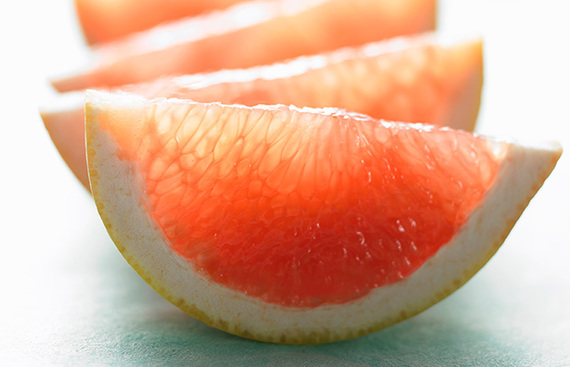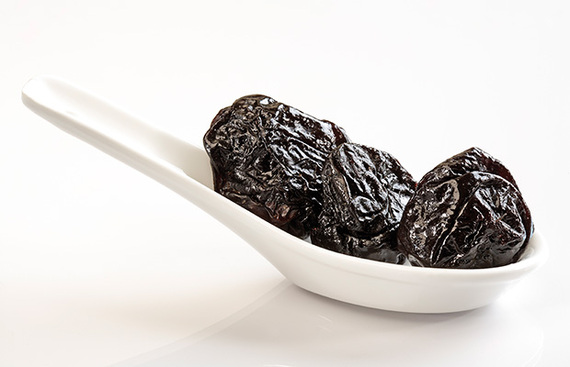Back in her day, Grandma probably had no idea what "eating clean" was. And even if you tried explaining it to her, she'd probably say she didn't give a hoot. Still, her diet wasn't all Salisbury steak and Jell-O salad. Your granny and her gang ate plenty of foods that were actually really healthy, too. And even though they're uncool or outdated today, they're absolutely worth adding to your meals and snacks. Here are six to consider. (Instagram them enough times, and who knows? They might even become a thing.)
If protein is what you're after, make this your new go-to. A 1-cup serving of low-fat cottage cheese packs 28 g of protein—about 5 g more than your usual Greek yogurt. (FYI, there is such a thing as cultured cottage cheese so you don't have to miss out on your daily dose of probiotics.) And no, no one's gonna make you eat it out of a cantaloupe half.
Bananas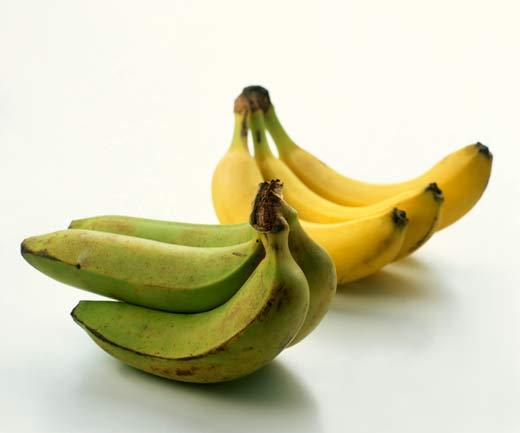
They're arguably the most basic of all fruits. But so what? Bananas are rich in pectin, a type of fiber that can help protect against blood sugar spikes and slow down your digestion so you stay fuller for longer. They're also a good source of the all-important prebiotics necessary for keeping the good bacteria in your gut happy and well-fed. And seriously, what other fruit can you find for 50 cents a pound all year long? (Bonus: You can even eat the peels. Bet G-ma never did that!)
Do like old-timers do and throw the creamy white beans into a soup. A cup of cooked white beans delivers almost half of your daily fiber, so you'll have zero interest in eating again for hours (and hours). They're also a good plant source of hard-to-get iron as well as magnesium, a mineral that can help your muscles relax after a workout.
Like its cooler cousins kale, cauliflower, and brussels sprouts, cabbage is a cruciferous vegetable. In other words, it's pretty much one of the healthiest things you can eat. Cabbage is packed with phytonutrients that can help lower your risk for cancer—so if you're also a fan of big, bad bacon, it might be worth loading up. Which you can totally do, since chopped cabbage only has 22 calories per cup.
It goes without saying that trying an all-grapefruit diet is a horrible idea. But Granny's favorite breakfast food (broiled with a sprinkle of sugar, please) actually can help you lose weight. One study found that people who ate half a grapefruit before each meal—without making any other changes to their diets—lost more than 3 pounds in 12 weeks and had healthier blood sugar levels.
Yes, they're a good source of fiber that can help keep you regular. But that's just the beginning. Prunes (or dried plums as we like to call 'em today) are packed with anthocyanins, a family of anti-inflammatory, anti-carcinogenic antioxidants that can help fight obesity, diabetes, and even heart disease. And since they're super sweet, you can use pureed prunes to replace empty-calorie sweeteners in oatmeal, yogurt, smoothies—or even Grandma's famous cake recipe. Just sayin'.
By Marygrace Taylor
Also on HuffPost:












